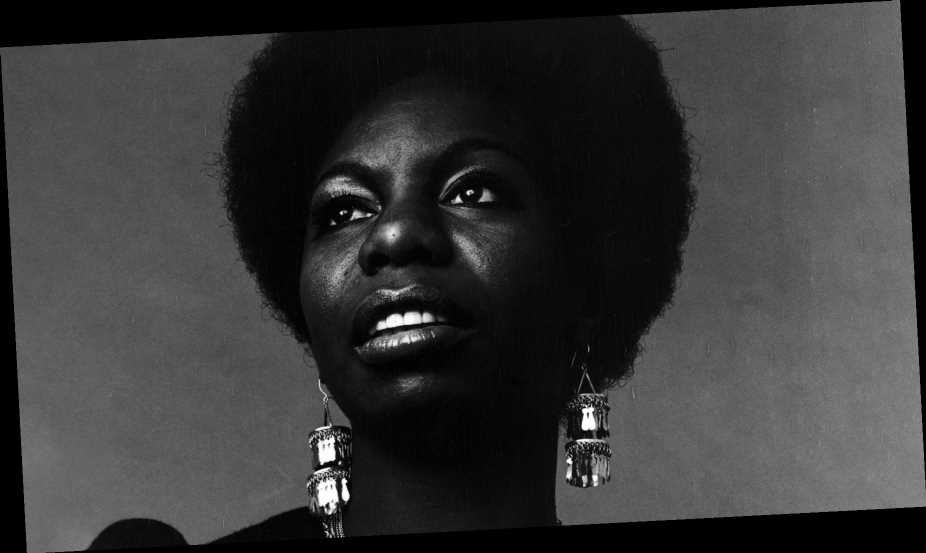For this year’s annual Women Shaping the Future issue, we asked 12 of today’s top musical acts to talk about the women who have inspired them most in their lives and careers. Here, Brittany Howard talks about what she’s learned from listening to Nina Simone’s music as she’s developed her own voice as an artist.
The thing I relate to most about Nina is her sensitivity, her ability to be incredibly powerful, and to also be incredibly vulnerable. She knew her worth. She fought for the rights to her music, and she fought for her royalties that were indeed owed to her. People cast her to the side, like she was this crazy, angry black woman. But those were her songs. Those are her performances. She deserved exactly what she was after.
That’s something I hang on to: You have to watch your own back in this industry. She wanted love, connection, to feel her worth. She wanted to be heard. She wanted justice. She wanted to talk about the things that no one wanted to talk about in music.
I don’t know if I will ever fully understand her. One way she’s been an inspiration to me is not buying into the need to be commercially successful. I think she had a lot of anger from being blocked out of that, but in the end it didn’t matter. What we took away from that is that she was doing things her way. She was being herself, no matter how complicated or disastrous, or how bad that could look at times. That was her.
Related
How Marielle Heller Conquered Hollywood One No at a Time
Journalist Yamiche Alcindor on 'Bringing the Hard Truth to America'
Related
10 Great Songs You Didn't Know OneRepublic's Ryan Tedder Wrote
Lady Gaga's 'Born This Way': Much Better Than 'Express Yourself'
The first Nina Simone song I ever heard was probably “Feeling Good.” I remember being younger and loving the quality of her voice. It always was something that I sat back and actually listened to and was present for. I didn’t grow up having access to records or vinyl or CDs, so every time I discovered something new of hers, it was just by being out in the world.
As YouTube developed, I got to learn a whole lot more about her catalog, and I learned more about her. There’s footage of her performing “Stars” at the Montreux Jazz Festival in 1976. It’s a Janis Ian song, and she and Janis were really good friends. The way Nina sang that was so incredibly visceral and true and real, like she was singing about her life, even though she didn’t write the words. “Backlash Blues” and “I Wish I Knew How It Would Feel to Be Free,” from that performance at Montreux in 1976, just give me chills.
When she comes out on the stage [at that Montreux Jazz Festival performance], it’s pretty clear that she did not want to be there. I don’t know what was going on behind the scenes, obviously, but she walks out and she’s in one mood and she’s riffing. She’s changing lyrics. She’s transforming the music that I thought I knew into something that is much more personal. You can see her go through all these emotions of sadness, of rage, of joy, of power. It’s coming out of her eyes. You see her entire self change. By the time you get to the end of the performance, she’s dancing. It’s incredible, and it’s something real that people can still watch.
Performing is performing, but I think she did something more than performing. And that’s something that I want to do. It’s about more than cash. It’s more than being able to get into places because of your name or awards or accolades. I get to perform, I get to be accepted in the way that I really and truly am. It’s inspirational.
She was all those things. She was rageful, and she was vengeful, and she was problematic. She was all of these things — but she was a human being. In our culture especially, we want our superstars to be perfect. She’s a superstar, an icon, that is anything but perfect.
Source: Read Full Article


